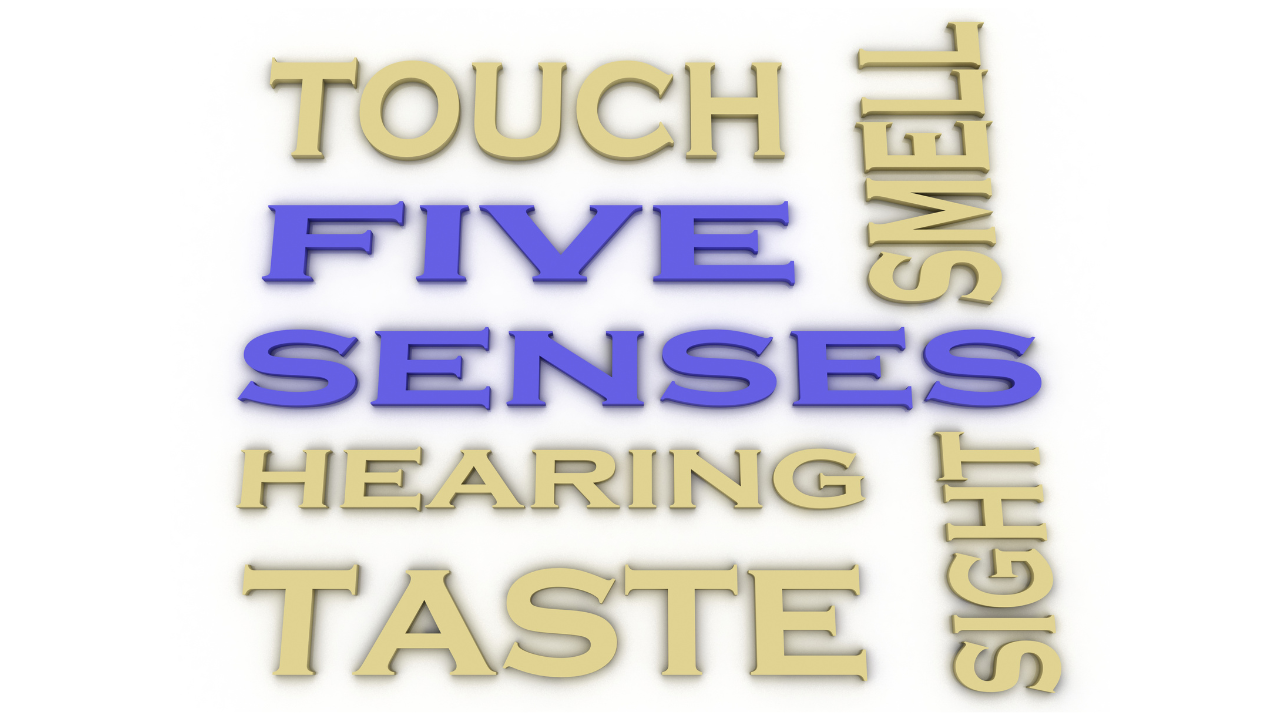Your Senses Depend on Your Spine: Here’s Why That Matters

Everyday Life Depends on Your Senses
When you wake up in the morning, the first thing you do is use your senses. You open your eyes to see the daylight, hear the kettle boiling, smell the coffee, taste your breakfast, and feel the warmth of the cup in your hands.
It’s easy to take these senses for granted—until something goes wrong. Blurred vision, ringing in the ears, numb fingers, or poor balance are all signals that something in the body isn’t working as it should. But what many people don’t realise is that the health of your spine plays a huge role in how well your senses work.
The Nervous System Controls Everything
One of the best-known anatomy books puts it simply:
“The nervous system controls and coordinates all the functions of the body and relates the individual to his environment.” – Gray’s Anatomy
That means every sensation you experience—sight, sound, smell, taste, touch, and even your sense of balance—depends on your nerves carrying messages between your body and your brain.
Your spine is the protective case around those nerves. When it’s aligned and moving well, signals travel freely. But when it’s misaligned or restricted, the messages can get distorted, delayed, or blocked.
Did You Know? Your Brain Creates Your Reality
You don’t actually experience reality directly. What you “see, hear, or feel” is your brain’s construction, built out of the electrical signals travelling through your nerves.
If those nerves are irritated, pinched, or misfiring, your brain is working with faulty information. That means your experience of reality itself can be altered—through blurred vision, ringing in the ears, dizziness, or tingling sensations.
How Spinal Misalignment Can Affect Your Senses
Think of your nerves like electrical wires carrying information. If the wiring is pinched or frayed, the signal isn’t clear.
-
A misaligned neck can irritate the nerves linked to your eyes, ears, and balance centres.
-
Pressure in the middle back can change how nerves control touch and strength in your arms and hands.
-
Lower back problems can affect the nerves to your legs, feet, and sense of balance.
The result? Strange sensations like tingling, numbness, or altered perception of the world around you.
What This Blog Series Will Cover
Over the next few weeks, I’ll be diving into each sense in turn and showing how your spine can affect it:
-
Sight – blurred vision, headaches, eye strain.
-
Hearing and Balance – tinnitus, dizziness, vertigo.
-
Smell and Taste – how your brain processes flavour and scent.
-
Touch – tingling, numbness, pins and needles.
-
Body Awareness (Proprioception) – your “hidden sense” of movement and balance.
My goal is to explain in simple terms how the spine and nervous system work together, so you can understand your symptoms better—and know what you can do to protect your health.
Takeaway: Protect Your Spine, Protect Your Senses
Your senses are not separate from your spine. They rely on clear, open communication through the nervous system. And as Gray’s Anatomy reminds us, the nervous system is in charge of everything.
When you look after your spine, you’re not just protecting your back—you’re protecting the way you see, hear, feel, taste, and experience the world.


